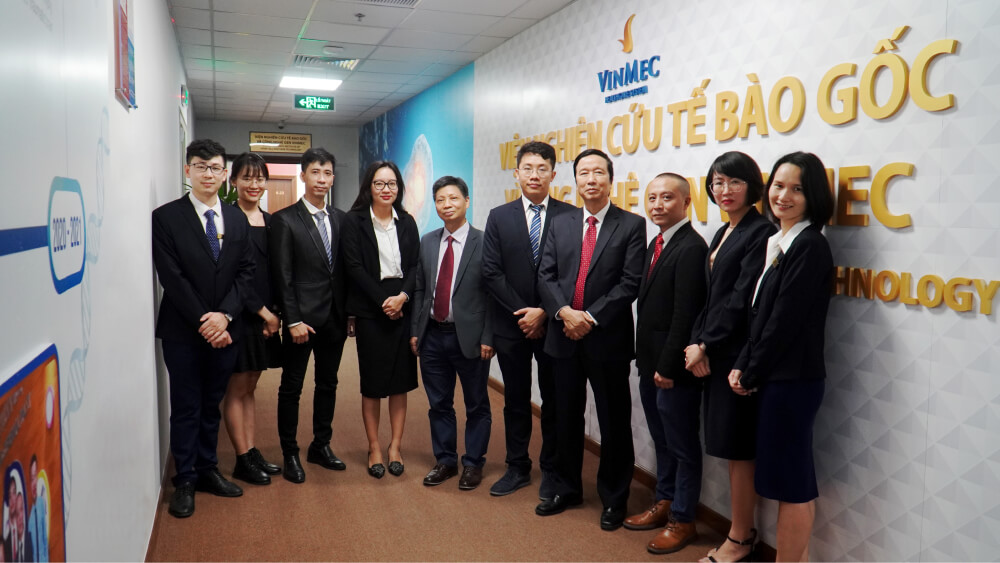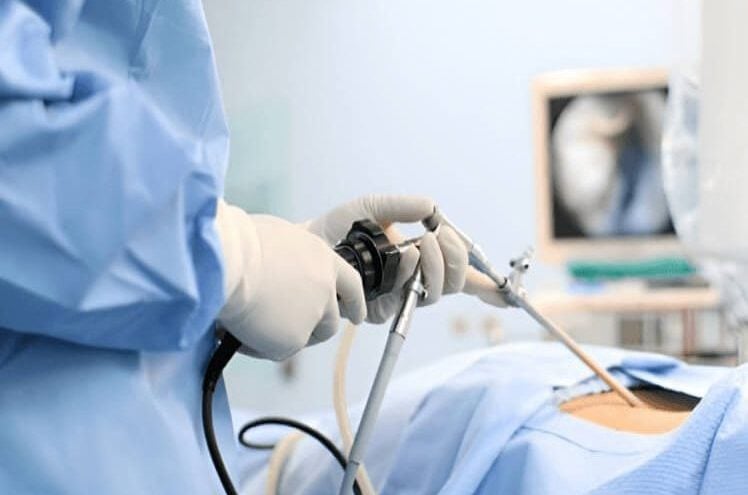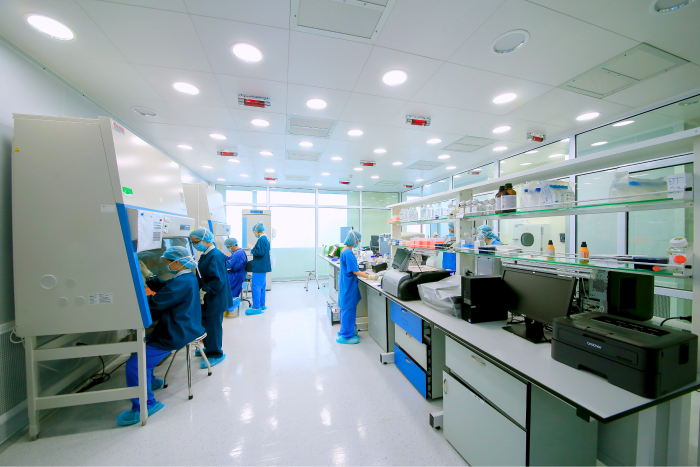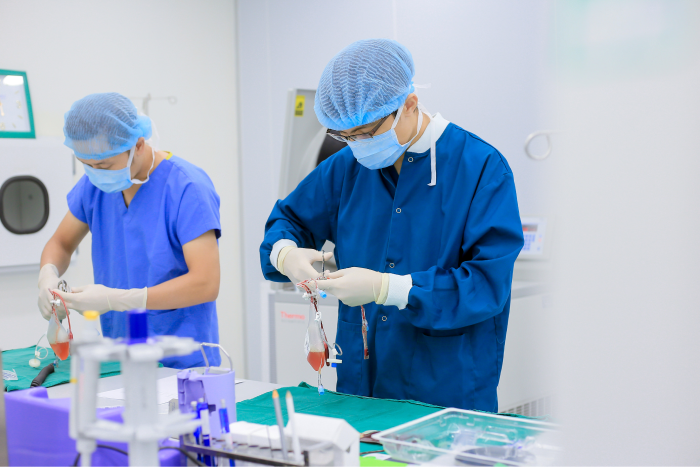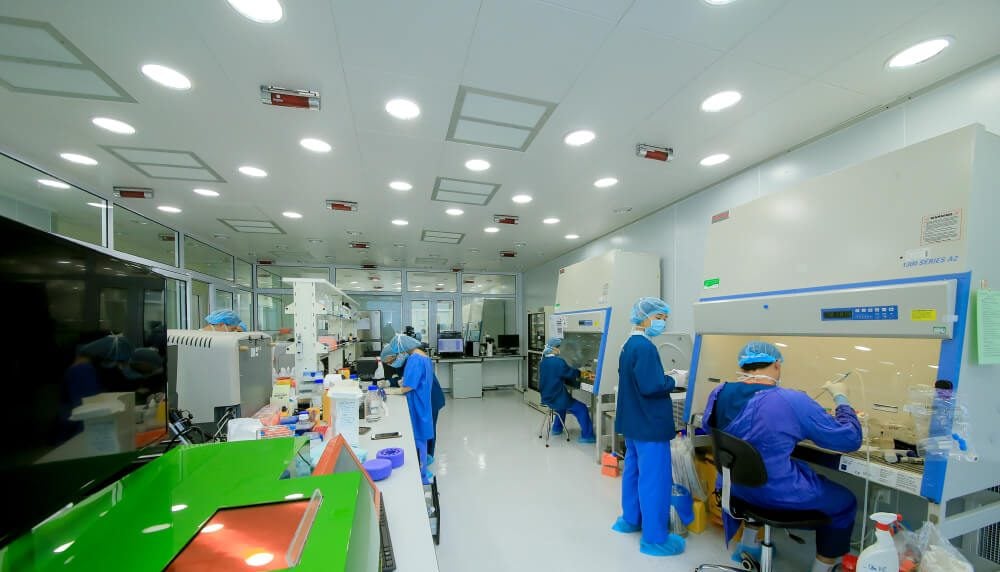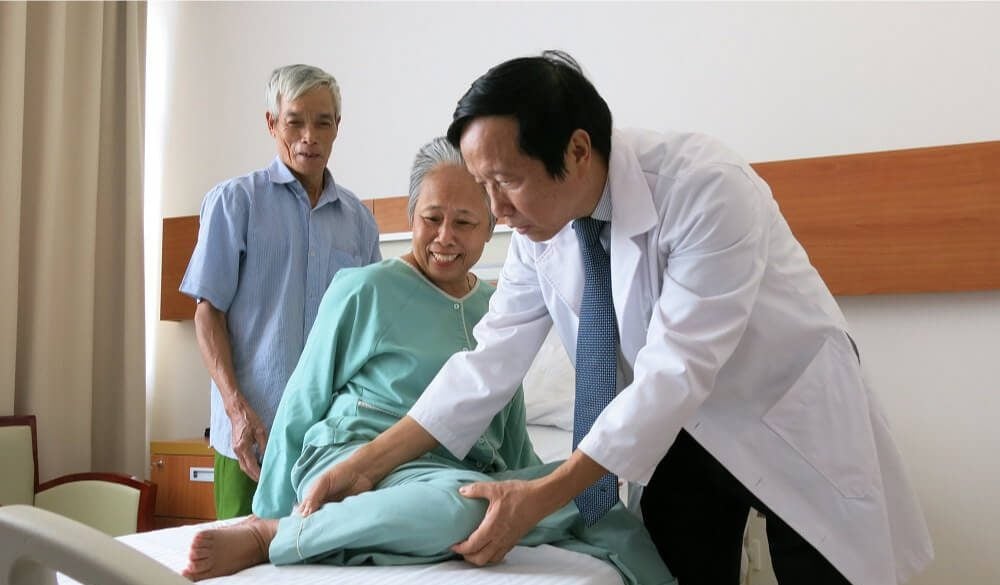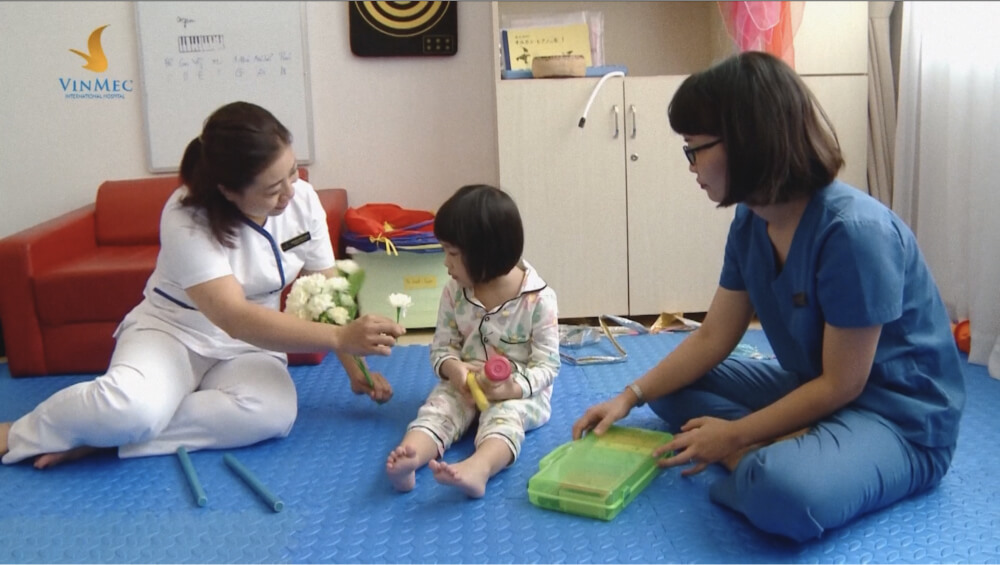Vinmec Times City (Hanoi)
0243 9743 556Vinmec Central Park (HCMC)
0283 6221 166Vinmec Da Nang (Da Nang)
0243 9743 556Vinmec Times City
0236 3711 111Vinmec Phu Quoc (Kien Giang)
0297 3985 588Vinmec Nha Trang (Khanh Hoa)
0258 3900 168Vinmec Hai Phong (Hai Phong)
0225 7309 888Vinmec Ha Long (Quang Ninh)
0203 3828 188Vinmec Sai Gon International Clinic (HCMC)
0283 5203 366
Response in English & Vietnamese only


